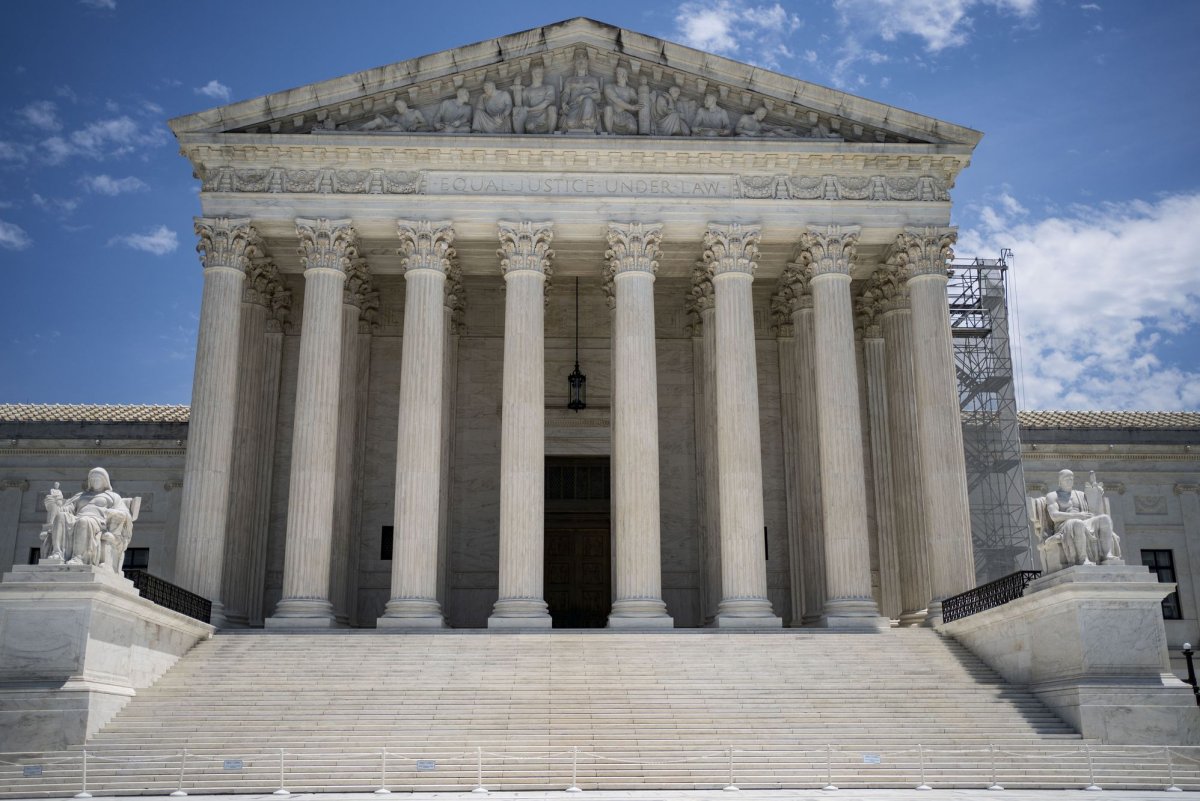
On June 13, 2025, a federal court in the Northern District of California held that a putative Video Privacy Protection Act (VPPA) class action lawsuit belonged in arbitration, thanks to the defendant company’s arbitration clause.
If you’ve been following our blog, you’ve seen the rise in VPPA class action litigation against companies that provide video streaming content and use tracking technologies, such as the Meta Pixel. In this case, too, plaintiffs claimed that media distributors DirectToU LLC and Alliance Entertainment LLC (collectively, the Defendants) shared consumers’ personal data with Meta through the use of the Meta Pixel on their websites.
In response to the complaint, the Defendants filed a motion to compel arbitration, asserting that, since 2021, all website users were required to agree to the Terms of Use by checking a box next to the statement: “I acknowledge that I have read and agree to the Terms of Use” before making any DVD, Blu-ray, or videogame purchase on the websites. The phrase “Terms of Use” was hyperlinked to the full Terms of Use, which included an arbitration clause.
The Federal Arbitration Act (FAA) governs arbitrations. Under the FAA, a district court may find that a party has waived its right to compel arbitration if the opposing party can show that the party seeking arbitration: (1) knew of its right to arbitrate; and (2) acted inconsistently with that right.
Here, plaintiffs argued that the Defendants had acted inconsistently with any existing right to arbitrate, thereby waiving it, because they had engaged in discovery and settlement negotiations. The court considered multiple factors holistically to assess whether the Defendants’ actions “indicate[d] a conscious decision… to seek judicial judgment on the merits of the arbitrable claims, which would be inconsistent with a right to arbitrate.” The court acknowledged that the case was a “close call,” particularly because the Defendants had engaged in settlement negotiations and reached a settlement. However, because the Defendants had not yet litigated the merits of the case at the time of that settlement, the court held that the Defendants had not waived their right to arbitration.
The court also noted that the proposed settlement related to an earlier version of plaintiffs’ complaint, not the current amended version. The court stated, “It is misaligned with the caselaw to allow the party arguing for waiver of arbitration to make significant amendments to its complaint and not allow the party seeking arbitration the possibility of reviving its right to compel arbitration. This is especially true where, as here, that party has not engaged in any steps to determine the merits of the case.”
In today’s landscape of increasing VPPA litigation, companies should carefully consider how well-drafted arbitration clauses can help minimize class action risk. Arbitration clauses are not a cure-all, as this case demonstrates. Companies should focus on crafting valid, enforceable arbitration provisions and, just as importantly, exercise caution in litigation strategy to avoid inadvertently waving farewell to otherwise robust arbitration rights.



